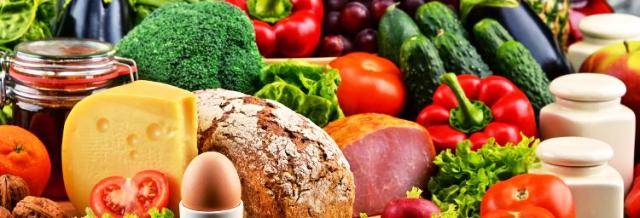
According to a study, Organic food has a bigger climate impact than conventionally farmed food, due to the greater areas of land required. Journal Nature has published results which state that organic food due to the greater areas of land required, results in much greater emission.
Research that took place at Chalmers University of Technology in Sweden developed a new method to compare organic and conventional food production for assessing the climate impact from land use as a result they found that it is due to wide area of land required for the production of organic food leads to more quantity of carbon dioxide emission leading to worse impact on climate change. Thanks to deforestation which keeps balance for the climate.
Nowadays high level production of organic food is linked to least or no use of fertilizers ultimately leading to more land use and thus more number of plants and crops emitting comparatively more carbon dioxide and damage to climate.

Even organic poultry and animal husbandry uses more area and leads to harmful climate. Stefan Wirsenius, an associate professor at Chalmers quoted, “Our study shows that organic peas, farmed in Sweden, have around a 50 percent bigger climate impact than conventionally farmed peas. For some foodstuffs, there is an even bigger difference – for example, with organic Swedish winter wheat the difference is closer to 70 percent.”
Does it means we should stop using organic food items instead we need to check which items emit least quantity of carbon dioxide with the labels mentioned on the packet.
The research shows that organic peas, farmed in Sweden, have close to 50% higher climate impact than conventionally farmed peas. The difference climbs to around 70% for organic Swedish winter wheat. The scientists claim that “even organic meat and dairy products are—from a climate point of view—worse than their conventionally produced equivalents”.

The researchers used a new metric, which they call “Carbon Opportunity Cost”, to evaluate the effect of greater land-use contributing to higher carbon dioxide emissions from deforestation. This metric considers the amount of carbon that is stored in forests, and thus released as carbon dioxide as an effect of deforestation. The study is among the first in the world to make use of this metric.
For more information, contact Stefan Wirsenius, Associate Professor at the Department of Space, Earth and Environment, Chalmers University of Technology, +46 31 772 31 46, [email protected].
















